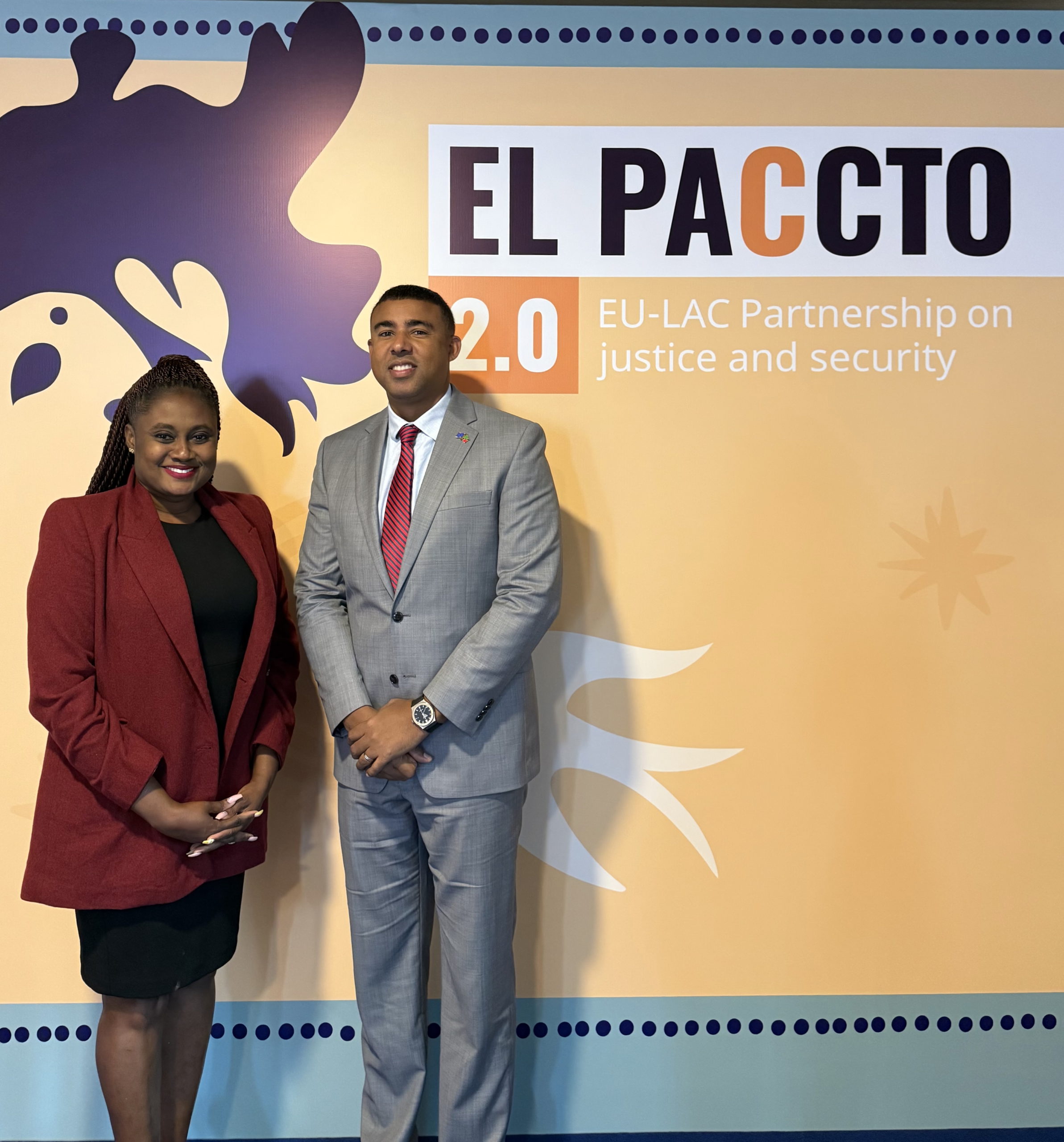Ministry of Justice Secures Over EC$1,000,000 in International Grants and Technical Assistance in 2025
The Ministry of Justice and Legal Affairs in Saint Kitts and Nevis has embarked on a comprehensive modernization of its justice system, securing over EC$1 million in international funding and technical assistance to drive its ambitious reform agenda. This initiative, championed by Attorney General Garth Wilkin and Permanent Secretary Nerissa Williams, aims to create a more accessible, efficient, and equitable justice system rooted in data-driven practices, human rights principles, and regional collaboration. The multifaceted program leverages partnerships with prominent international organizations like the UNDP, UNODC, UN Women, and OHCHR, reflecting a commitment to global best practices and sustainable development goals.
A central pillar of the reform program focuses on restorative justice and diversionary measures, aiming to reduce reliance on incarceration and promote community-based rehabilitation. With over EC$750,000 dedicated to these initiatives, the Ministry is piloting a community-based restorative justice program and establishing a national diversionary caution system. These programs will emphasize mediation, conflict resolution, and community engagement, supported by police training and the development of new legal frameworks like the forthcoming Diversion Bill. This approach seeks to address the root causes of crime and provide alternatives to traditional punitive measures, fostering a more rehabilitative and community-centered approach to justice.
Enhancing access to justice and legal information is another key priority. Through the UNDP PACE Justice Project, the Ministry is introducing two innovative “VoiceIt” legal access kiosks. These voice-activated, multilingual kiosks will empower citizens to understand national laws and their legal rights, utilizing assistive technology to ensure accessibility for persons with disabilities. This initiative represents a significant step towards bridging the justice gap and promoting legal literacy, particularly for marginalized communities. By leveraging technology, the Ministry aims to democratize access to legal information and empower individuals to navigate the justice system more effectively.
Strengthening institutional capacity and integrating human rights principles are also integral to the reform agenda. A comprehensive Planning, Monitoring & Evaluation (PM&E) program targeting key justice sector leaders is underway, aimed at improving performance and accountability within the system. Furthermore, the Office of the United Nations High Commissioner for Human Rights (OHCHR) will conduct human rights training for Crown Counsels and Prison Officers, ensuring that international human rights norms are embedded in local practices. This focus on training and capacity building aims to foster a culture of respect for human rights within the justice system, improving the treatment of detainees and ensuring fairness in legal proceedings.
Gender equality is another focal point of the reforms. In collaboration with UN Women, the Ministry is implementing gender-sensitive judicial reasoning and policy tools, aligning national justice delivery with international frameworks like CEDAW and the Beijing Platform for Action. This initiative aims to address gender disparities within the justice system, ensuring that women have equal access to justice and that their specific needs and vulnerabilities are considered. By integrating a gender perspective into judicial practices and policies, the Ministry seeks to create a more equitable and inclusive justice system for all.
Modernizing the justice system and enhancing legal aid services are also key priorities. Through partnerships with EL PAcCTO 2.0 and UNODC, the Ministry is improving investigative standards, legislative review capacity, cybercrime enforcement, and the quality of legal aid services. These initiatives are crucial for strengthening the rule of law and ensuring that individuals have access to effective legal representation. By improving investigative practices and enhancing legal aid services, the Ministry aims to create a more robust and equitable justice system that protects the rights of all citizens.
The Ministry’s comprehensive reform agenda represents a significant commitment to achieving Sustainable Development Goal 16, which focuses on promoting peaceful and inclusive societies, providing access to justice for all, and building effective, accountable, and inclusive institutions at all levels. The ongoing initiatives reflect a dedication to enhancing public trust in the justice system, reducing delays, promoting fairer outcomes, and providing better protection for vulnerable populations. The Ministry is also developing a Justice Sector Innovation Roadmap to consolidate these reforms and set out a five-year vision for legal harmonization, technological transformation, and regional cooperation, further demonstrating its commitment to a long-term strategy for justice sector improvement. This roadmap will serve as a guiding document for future initiatives, ensuring that the reforms remain aligned with the Ministry’s overarching vision for a modern, efficient, and equitable justice system. Through this multifaceted approach, the Ministry of Justice and Legal Affairs in Saint Kitts and Nevis is laying the groundwork for a more just and equitable society.
Share this content:












Post Comment